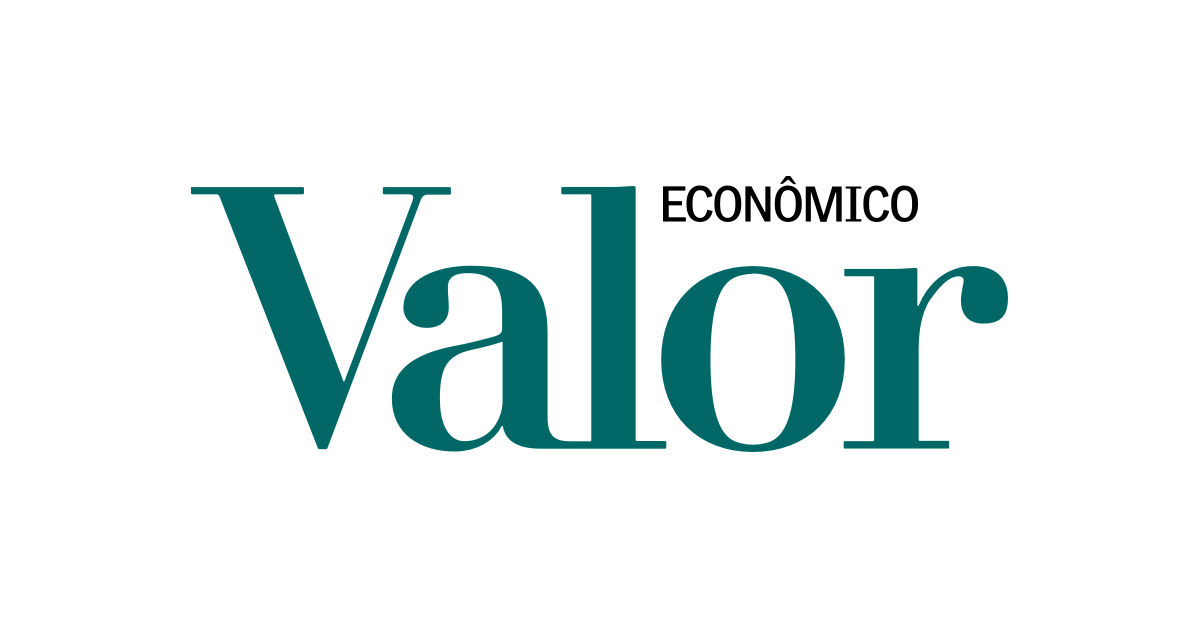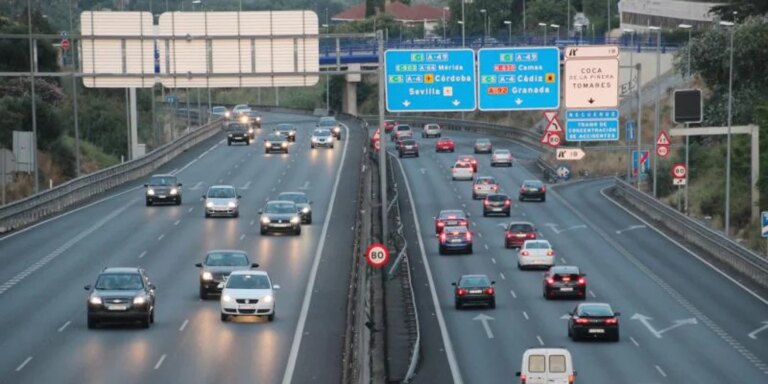
Germany is working on recycling important minerals and rare earths to reduce its dependence on China, but is finding it difficult to win against China’s competition, including in recycling.
The depletion of German stocks has been in the spotlight in local media since China announced export restrictions on critical metals and rare earths earlier this year in retaliation for steep import tariffs from the United States. One million jobs in this country depend on the availability of these products.
But experts say a pilot recycling project by Freiberger Compound Materials (FCM), a maker of compound semiconductor substrates for microelectronics and optoelectronics, could help the sector if the government and domestic industry provide enough support.
FCM recently set up a pilot plant to analyze 500 liters of wastewater daily to efficiently extract and concentrate trace concentrations of gallium with the help of organic molecules like viruses. Gallium is one of the metals subject to strict export controls in China and is essential for advanced electronics and defense industries.
The technology was developed by the government-linked Freiberg-Helmholtz Institute for Resources Technology (HIF), which told Nikkei Asia that it was too early to talk about concrete results for the industry.
“Long-term cooperation and technology development between research institutes and companies is crucial for innovation in the raw materials sector, as evidenced by the fact that the development of this particular pilot plant technology took approximately five years,” said HIF Director Jens Gutzmer.
HIF hopes to extend the pilot plant’s technology to other critical materials such as iridium and germanium, which are used in computer processors, aerospace components and radar systems and are also subject to Chinese export controls. In recent years, HIF has also developed laser technology that can detect rare earths in scrap metal, and technology to recycle rare earth phosphors from LEDs and fluorescent tubes.
These efforts are in line with the European Union’s Critical Materials Act, which states that 25% of Europe’s critical raw materials supply must consist of recycled materials by 2030, but major hurdles remain.
High scrap prices are a discouraging factor. Prices for copper-rich scrap have risen 11.8% since the start of the year, reaching 7,940 euros ($9,165) per tonne on November 10, according to data from Metalloop.
“Scrap prices in Europe are now very high, and scrap is being bought at high prices from Chinese competitors and then exported legally to China for smelting,” Gutzmer said. “This partly explains why, despite significant advances in recycling capacity and pilot plants, utilization rates remain below potential.”
German technology group Heraeus is facing low utilization rates in the recycling of rare earth magnets. The company, founded just a year ago, told local media in August that despite its strategic potential, the new factory was struggling to cover its costs.
Initially, the plant will produce around 600 tonnes of rare earth magnetic powder per year, making it the largest facility of its kind in Europe.
Heraeus declined to be interviewed by Nikkei Asia, but public relations manager David Hinkel wrote on his LinkedIn account in mid-October that it was concerned about Germany and Europe.
“We are failing by opening our eyes and talking as if pricing is the only thing that matters,” Hinkel wrote.
Tradium, one of Germany’s two main importers of physical rare earths, told Nikkei Asia that European recyclers cannot compete with China’s rare earth raw material prices.
In addition to the high cost of obtaining high-quality scrap, one of the main problems with recycling is that the amount attached to each device is usually small and the magnets are deeply embedded in the system, making extraction a complicated process.
Furthermore, Europe is lagging behind in this process. “Duration remains the key issue, as most projects will not be able to deliver large quantities for at least several years,” said Jan Gies, senior manager of minor metals and rare earths at Thradium.
“While other countries such as the US, Japan and South Korea have been investing in mining and value chains for many years, many regions in Europe are still in the planning stages. Approval and investment cycles are long and decision-making is fragmented.”
HIF’s Gutzmer called on the German government to create an agency dedicated to critical raw materials, citing Japan’s Metals and Energy Security Organization (Jogmec) as an example. Japan faced a rare earth shortage in 2011 when China restricted exports to the Senkaku Islands, which it claims as the Diaoyu Islands.



